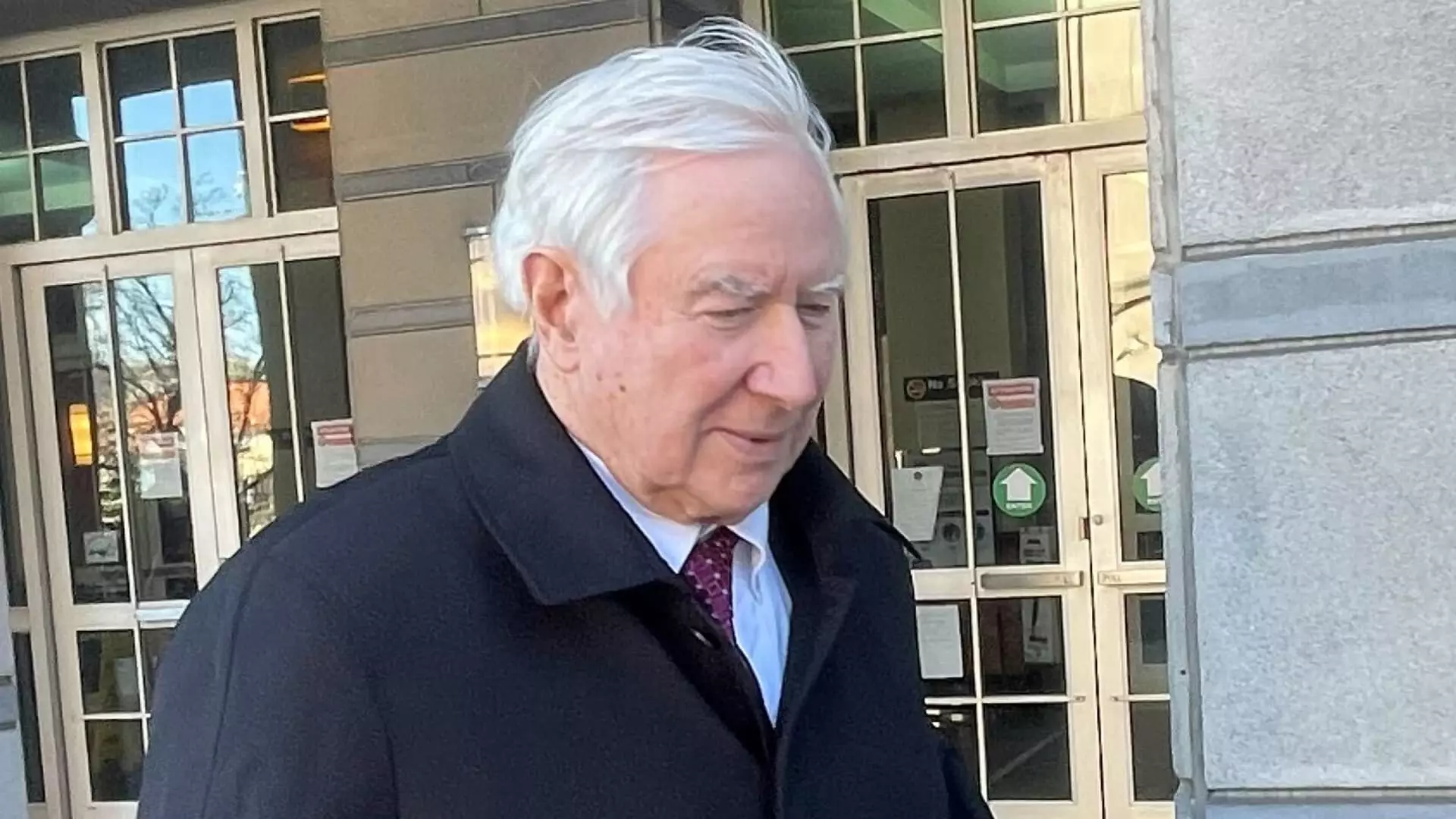In what has emerged as an astonishing case of financial deception, a father-son duo has admitted guilt in a scheme aimed at inflating stock prices of a nearly defunct New Jersey deli’s parent company. Peter Coker Sr. and his son, Peter Coker Jr., orchestrated this elaborate fraud involving a company previously known as Hometown International, which maintained a remarkable market capitalization of $100 million despite struggling to operate even a profitable deli—Your Hometown Deli in Paulsboro. This case underscores a significant pitfall in the regulatory framework overseeing micro-cap stocks, where companies can often bloat in value without corresponding business viability.
The Cokers, alongside a third conspirator, James Patten, executed a brazen strategy that artificially inflated the stock prices of Hometown International and another business entity, then branded as E-Waste. Through strategic and coordinated trading practices, the defendants created a facade of demand surrounding both companies. The stock price skyrocketed—Hometown’s value surged by over 900%, while E-Waste experienced a jaw-dropping increase of almost 20,000%. This gross misrepresentation of demand served as a flagrant violation of securities laws, with serious implications for investors who unwittingly bought into the inflated values.
In a market that often sees smaller companies skirting regulations, this case highlights the vulnerability of investors drawn in by enticing, albeit misleading, financial narratives. By gaining control over the management of these firms, the Cokers and Patten sought to leverage their inflated stock for reverse mergers—transactions that can allow private companies to circumvent some of the traditional complexities associated with going public.
Both Peter Coker Sr. and Jr. are now awaiting sentencing next spring, with the elder Coker facing up to 20 years in prison for his role in the scheme. His son, having fought extradition from Thailand before returning to the United States, remains in custody without bail. The implications of their actions not only reflect a personal downfall but also raise broader questions regarding regulatory oversight in the financial markets. Past legal troubles of Patten, who previously faced separate fraud charges, serve as a reminder of the cyclical nature of such financial crimes, often leading seasoned offenders back into the fray.
This unfolding case hammers home the critical need for rigorous scrutiny and heightened regulatory measures around micro-cap stocks. While the Cokers and their accomplices face dire sentences, the broader consequences entail a much-needed conversation regarding the effectiveness of existing financial regulations. With the ease of trading platforms and an increasingly complex financial landscape, regulatory bodies must evolve to close gaps that allow such rampant manipulation.
As the legal proceedings progress, stakeholders across the industry will be watching closely. The outcome may set a precedent for future market misconduct cases, shaping the framework of accountability in a space often perceived as the Wild West of financial trading. This case is a stark reminder of the vulnerabilities inherent in stock trading and the necessity for prospective investors to remain vigilant against fraudulent activities.

